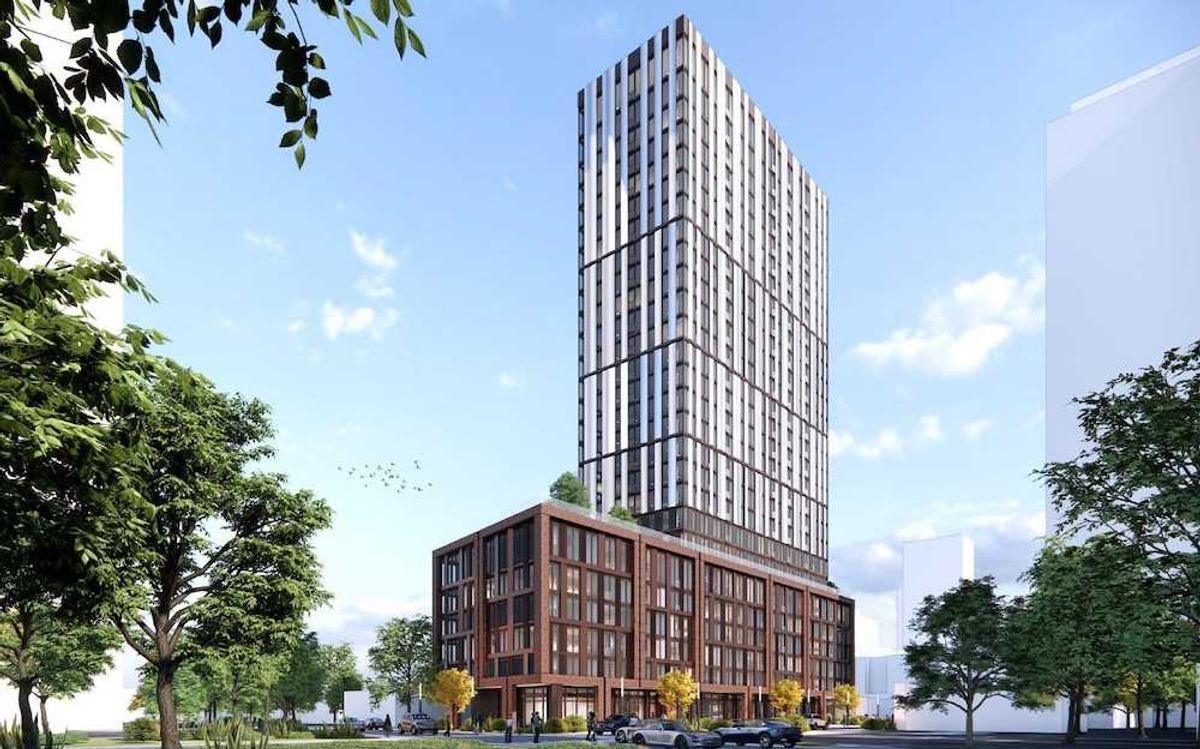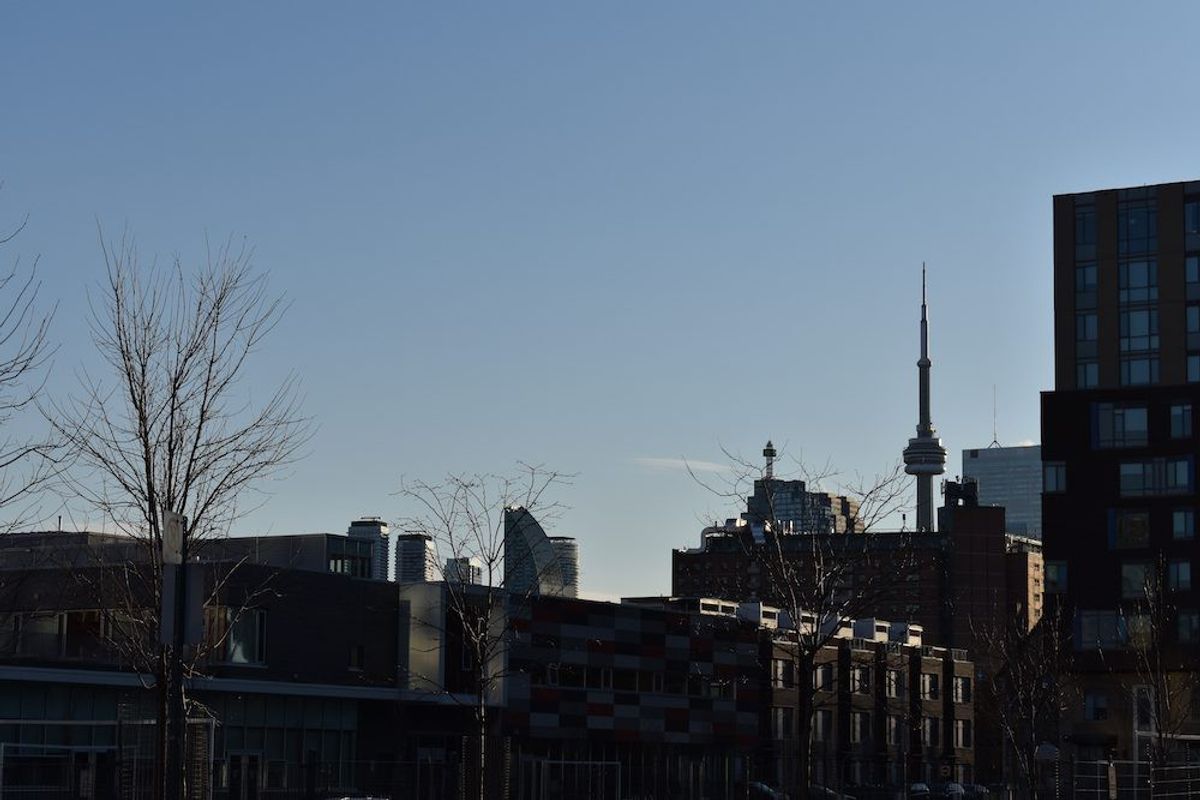When the pandemic began, Zahra Haidari received the biggest shock of her life.
Just a few days before the beginning of the shutdown, in mid-March, the Re/Max Realty Specialists sales representative had 60 showings scheduled with pre-emptive offers coming from all directions.
That was on a Friday afternoon.
“I told those agents, ‘No, no, no wait till Monday’; and then Monday came and my 60 showings and any offers I had disappeared,” she says.
But, after a brief moment of self-reflection, she regrouped, and her business became just as strong as it had been pre-pandemic barring some technological adjustments that accommodated proximity precautions.
“Most agents were already doing virtual tours, so we didn’t miss a beat,” she says. Now that she has assisted clients through the worst of the pandemic’s uncertainty to the start of reopening, her confidence has grown, and she’s well positioned to answer this week’s question.
Why has the Toronto real estate market been so strong even during the pandemic?
There are a number of factors that have pushed the market to be so active during the pandemic. COVID-19 came along in mid-March, and springtime is the hottest time of year for real estate. This year, because of a huge shortage in supply of homes on the market, the market was even crazier and hotter than other years. This was happening across much of North America because of a shortage of inventory and an abundance of buyers. Prices we’re going up because of an increase in competition. And right at that high point, COVID-19 hit.
A lot of people who were looking to buy were pre-approved or pre-qualified and some had already sold their homes. When the pandemic arrived, rather than the real estate market taking a hit, it kind of just froze in time. The market didn’t collapse during the lockdown phase of the pandemic and as those restrictions started to ease, those pre-qualified buyers and those who had already sold their own homes came flooding back to the market and everything seemed to pick back up from where it left off in February.
RELATED: 95% of GTA Housing Markets Showing Increase in Average Price: RE/MAX
With the crazy market we were having in the first three months of 2020, prices were increasing and homes were flying off the market with same-day bidding wars, especially in the condo market. There were a lot of buyers in the winter who had been pre-qualified, but suddenly found themselves sidelined by 2020's price increases. If people were pre-qualified for a $450,000 condo, those same condos were now going for $500,000 between January and March. A lot of buyers weren’t able to purchase at that point and felt locked out of the market. But then, with the pandemic, the government tried to stimulate the market by dropping interest rates. This allowed those same buyers who were sidelined to be able to re-enter.
We’re still in the pandemic now, but as restrictions have eased, there’s an abundance of buyers who have flooded back into the market, a lot more than there were in the spring. Despite the large hit the GTA has taken in immigration numbers through the pandemic, the area is still receiving enough to keep prices competitive.
There’s always a demand for homes in the GTA, especially with a shortage of semi-detached homes and detached homes that have gone up in price. We’re seeing that smaller towns and remote areas outside the GTA are also seeing a rise in prices: Alliston, Tecumseth, and the Niagara Region are just a few places where some of my older clients are moving. Even Hamilton, which was very cheap before, isn’t now. In the end, the GTA is always in demand and there seems to be no stopping that, so people are finding new places to live and then commuting in from further and further away.
Buyers and sellers are still very motivated. The pandemic hasn’t really affected them when it comes to purchasing or selling. You need a home when you need a home and a lot of sellers had already sold in the first three months of the year, so they didn’t have a choice. They had to go out and purchase. The reverse was also true among buyers, as some who had purchased had to turn around and sell their homes because of the economic repercussions of COVID.
Meanwhile, most realtors were already using technology to conduct virtual showings and video calls so the quarantine requirement to stay home during the lock down period of the pandemic didn’t hold people back from house hunting.




















